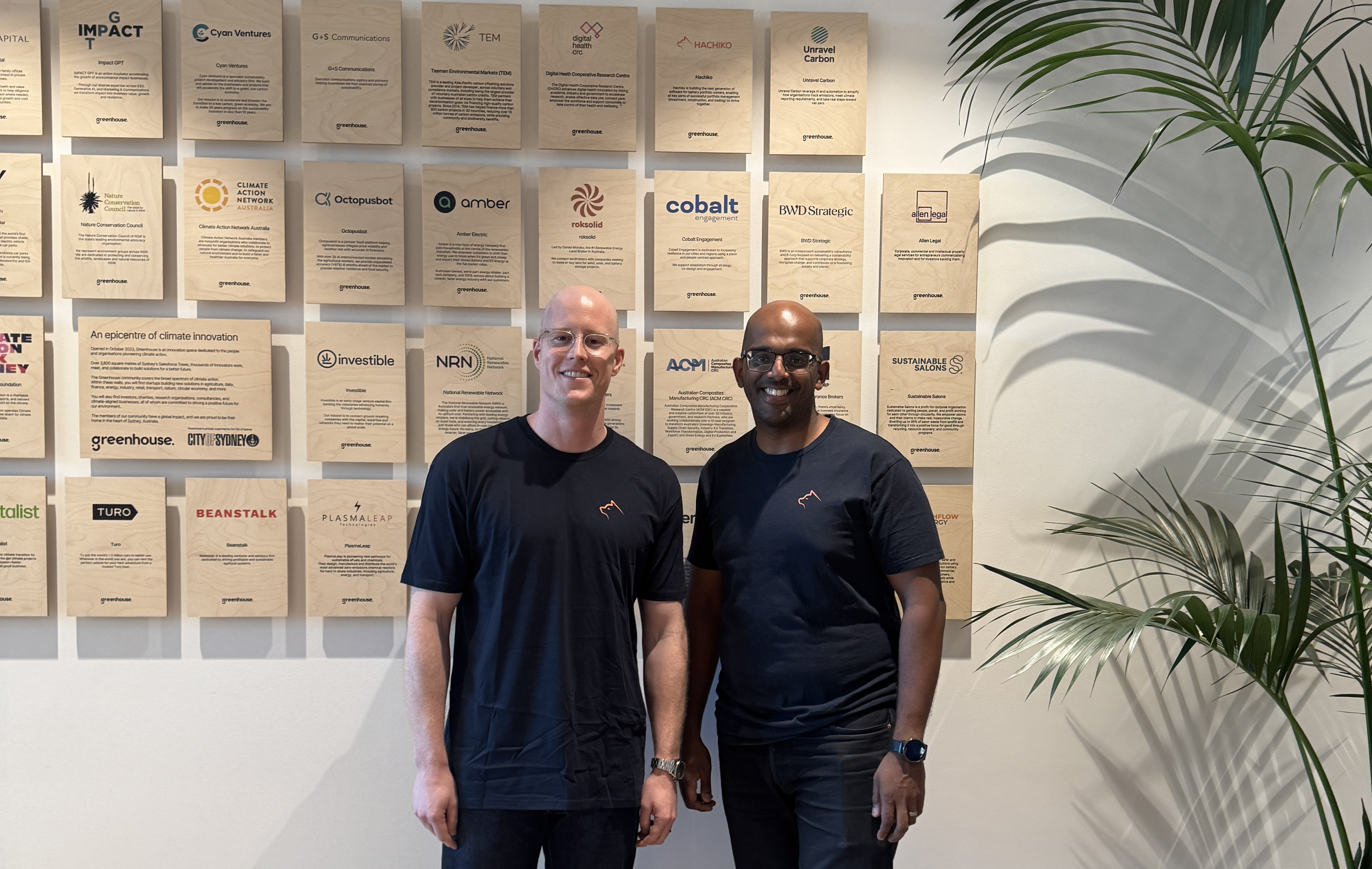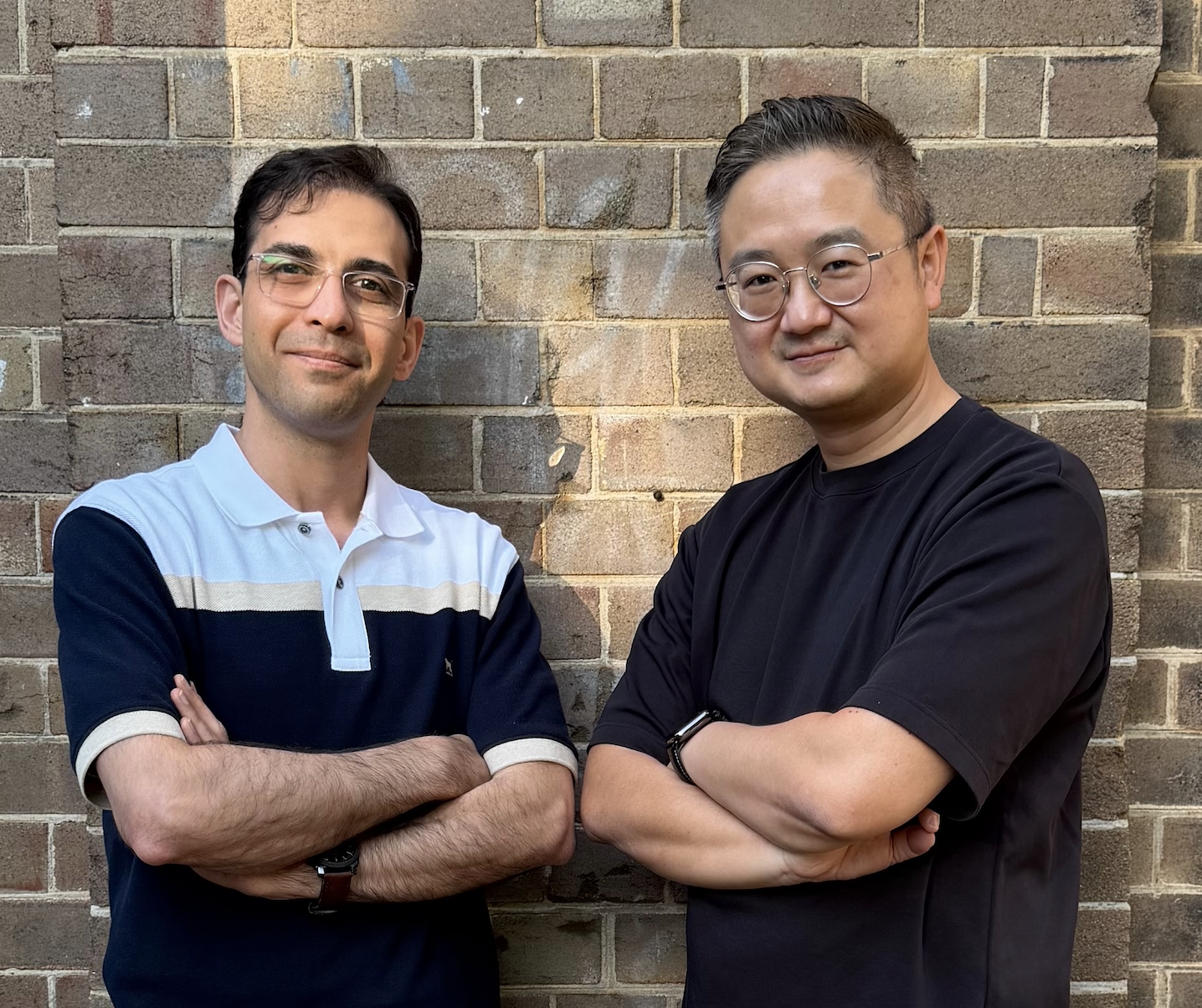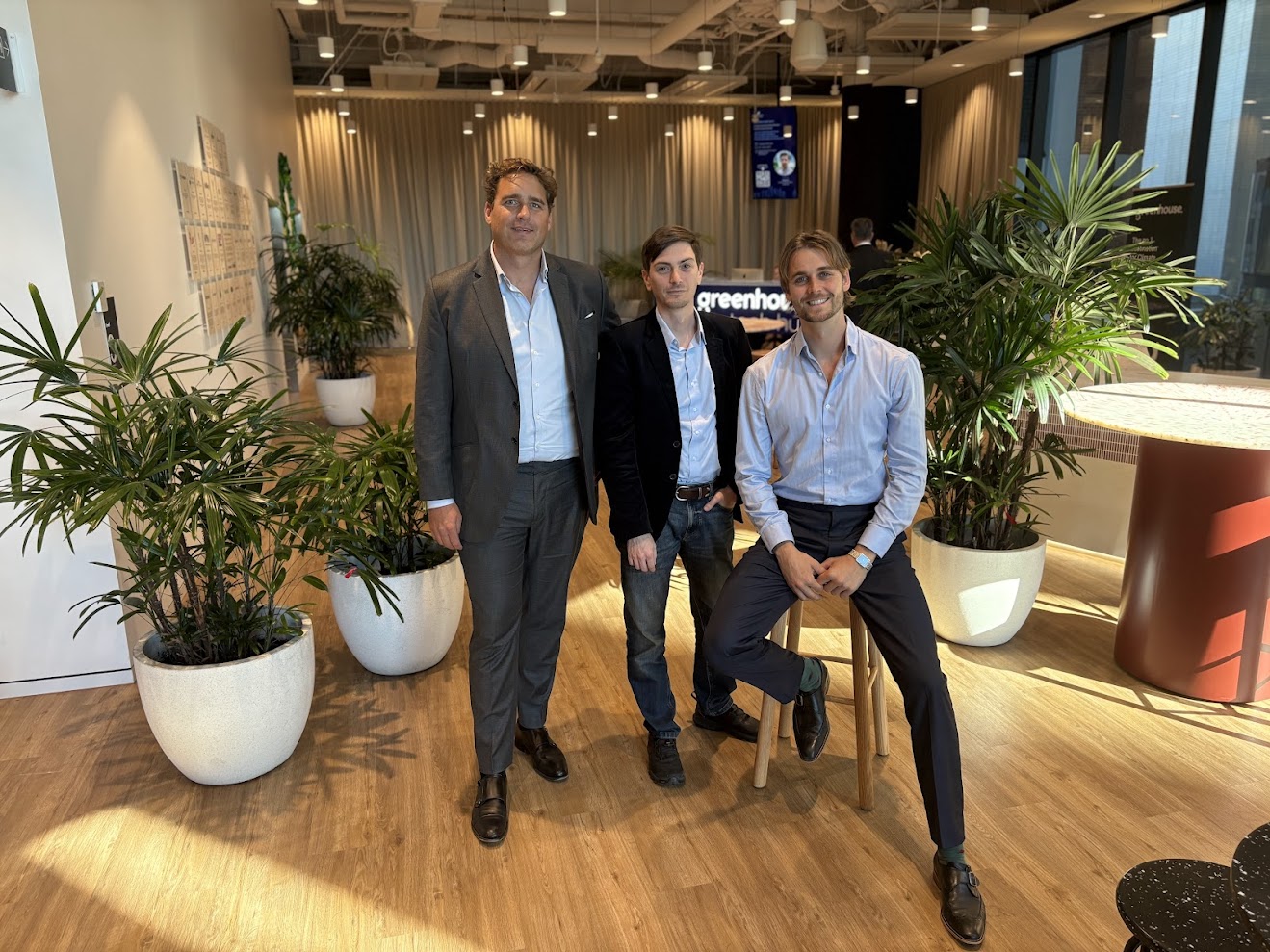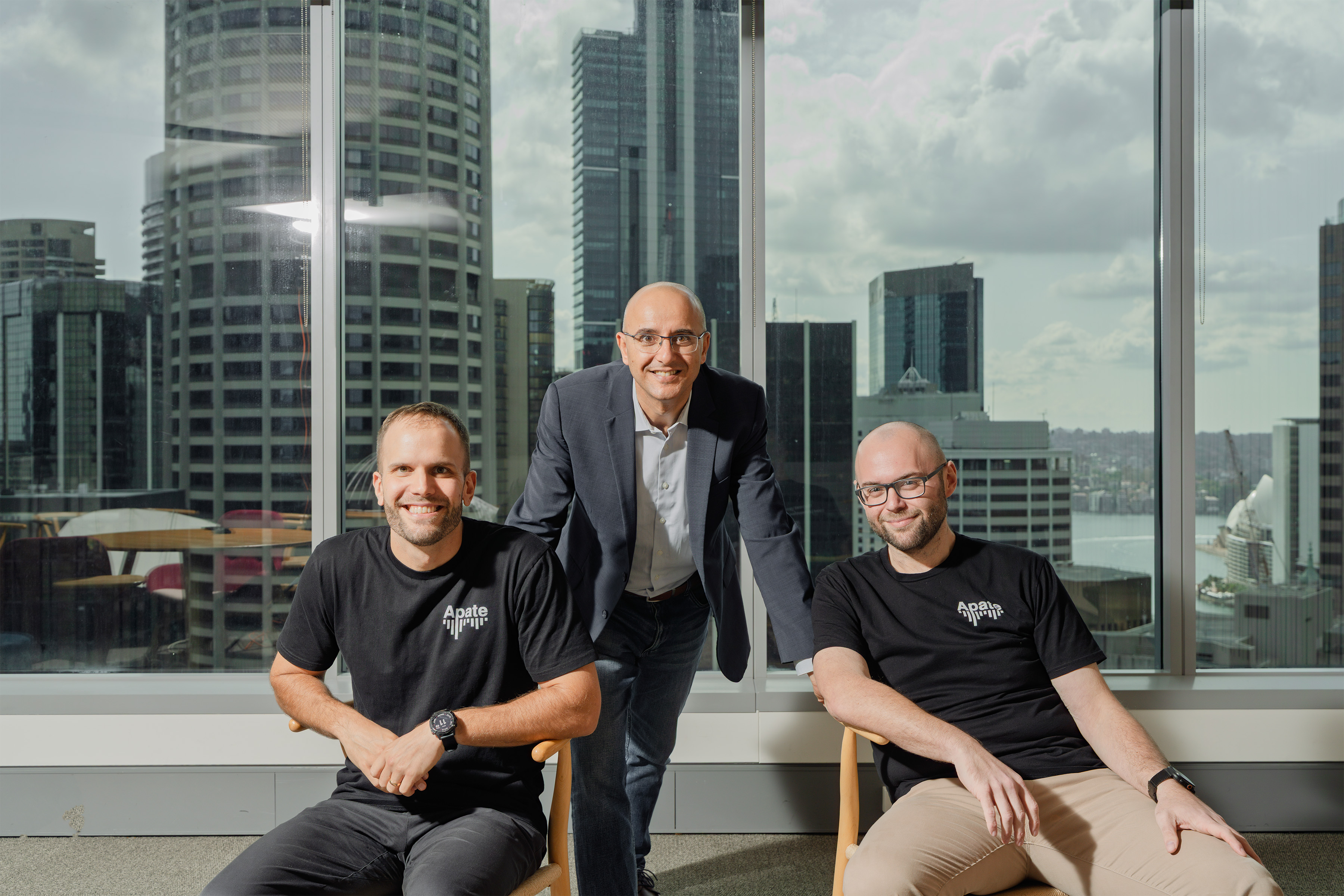How this founder built a 40-person startup while 6,000km away from her team: A chat with Clare from bluesheets
By
Investible
December 12, 2022

Startup fever is in the air, as the company grows its roster locally. Among the ranks of new recruits is a recent commerce graduate called Clare Leighton.
When we sat down to chat with Clare about her journey to founding the automated financial platform bluesheets, she began the story here. Her first foray into the tech world. Joining Uber right as it poised itself to claim yet another city thrust Clare into a mentality that she couldn’t shake. “Hyper-growth”.
Clare revelled in the culture of the fast-moving tech industry, quickly finding a home and excelling in the Uber Eats launch team. From there, she was recruited to launch the Australian arm of DishDash, a Singapore-based corporate food management platform.
It was here that Clare originally met DishDash co-founder Christian Schneider. As DishDash scaled, the company grappled with a new problem. One that would lead them to start a new venture together despite living 6,000km apart and in differing time zones.
Paperless is forever another five years away
In Clare’s time with Uber Eats, she sat down with the first hundred Uber Eats partners in Western Australia. These interactions left the distinct impression that there was a gaping hole in how SMEs organise finance and customer information. Once she started working with DishDash, selling to corporates and big tech firms like LinkedIn, Uber and Slack, the realisation became clear.
The problem wasn’t isolated to small businesses.
“Dealing with these teams as a vendor, I couldn't believe the chaos that existed in their back office, with their finance teams and financial processes. You have this big legacy tech product that does one thing and a different one that does something else, in the same process. The disparity was glaring.”
“These tools aren't built to play nicely with each other. They're un-interoperable. So, you end up with silos of data. It’s not then about it being digitized, it's about the connectivity.”
To bridge the back-office gap, data would need to be easily digitised and integrated into any system that was already being used. Thus, the idea for bluesheets was born. They imagined technology that could automate financial processes and unlock real-time data and financial transparency for organisations. With Zoom windows open and a 2-hour time difference, Clare and Christian started building.
Going global from day one
With users in 8 countries and over 40 staff members, bluesheets is a smooth-running global operation, with a great growth trajectory. The runway to getting here, however, was uniquely bumpy for the co-founders.
“Our working style in picking up and launching bluesheets was part and parcel with how we were already operating together,” Clare noted when thinking back to the early days of remotely building the company.
Having worked remotely to build DishDash, Clare and Christian’s relationship laid the foundations of trust and asynchronous work early. As the pandemic shifted the entire tech world to remote working, bluesheets was ahead of the curve. They used this time as a “grace period” to pitch remotely – something that would later become a strength.
“You have to have a ton of trust to be able to work remotely in different time zones, and trust that your counterpart in a different country is doing X, Y, Z,” Clare expanded.
“I think that dynamic for us has been one of our assets in coming to the table to fundraise during a really tough economic period. Even though we were remote, and raising capital remotely was a new experience for everybody at the time, we were able to point to that foundation.”
The highs and lows of building a startup remotely
There are pinch-me moments in every fast-growing startup. For Clare, these moments are proactive reflections that remind her how far bluesheets has come. From tripling their workforce in a month to winning the Chartered Accountants’ Audience Choice Award at Fishburners’ Accounting Tech Pitch Night, the company’s growth has been impressive to say the least.
Still, it wasn’t until 2 years after the company first launched, when Clare made her way to Singapore, that she finally met the team in person.
“Until July this year, I hadn’t been in the same room as my co-founder,” she told us. “I'm quite passionate about the people side of the business. I lead a lot of our hiring and HR internally, so I’ve gotten to know everyone so well… Finally getting in the room and meeting them was like ‘Okay. This isn't something I've imagined on my laptop for the last two years. We've got a very physical, very real team.’”

The positive reflections don’t come alone, though. There are plenty of hurdles and challenges riding in the sidecar. As their company has grown, Clare and Christian have had to battle with building relationships remotely, the loneliness of pitching to your computer without knowing someone is watching, navigating a pandemic as a fledgling company, engineering asynchronous work, and building a product that can translate across international markets.
As they’ve scaled, Clare’s priority for her team has remained fixed. “You really want to keep those things; the autonomy, the enjoyment, the fun, people feeling like they're part of like a really exciting ride.”
Despite the hurdles, bluesheets is, more than ever, positioned to grow sustainably.
What’s on the horizon for bluesheets?
Clare and Christian are in the process of growing their team and exploring new markets. With the Australia and New Zealand market expansion off to a flying start, they’re already receiving nods from accountants and large companies about their potential to become a global player in automating accounting tech.
“To be in my home country where there is this amazing FinTech scene and appetite for innovation, working with such a dominant market player like Azure as a partner, along with our other partners MYOB, QuickBooks, NetSuite and Xero, is a really exciting time,” said Clare when asked about what the future holds for her company.
Paying it forward
Clare’s unique experience has left her with insights few are able to develop quickly. As bluesheets soars to new heights, we wanted to know what insights she would pass on to someone on a similar path. Here’s what she had to say.
1. What advice would you give someone starting a remote company?
Be proactive with culture and communication; make time to connect with your team and build relationships. Clear expectations will be your friend; for hours, for deliverables and for communication. Give and encourage feedback, it’ll help everyone know if they are meeting the expectations.
2. What would you recommend people look for in a remote co-founder?
Your co-founder needs to be someone you trust to make decisions when you're not in the room. You want to know how they think through a problem, what their appetite for risk is, and if they can bring complimentary value to the table.
3. How do you stay organised and connected to your team while fully remote?
Have a regular time to connect as a team. For us, we get on a call every Friday afternoon to do Highs & Lows, tell jokes or play video games. I also have consistent 1-on-1 time with every member of our team to check in outside their scope of work. It's a great time to touch base or just hear about what they're up to outside of work.
Like Clare said, bluesheets is solving a global problem, and these co-founders have been building a global business from day one.






